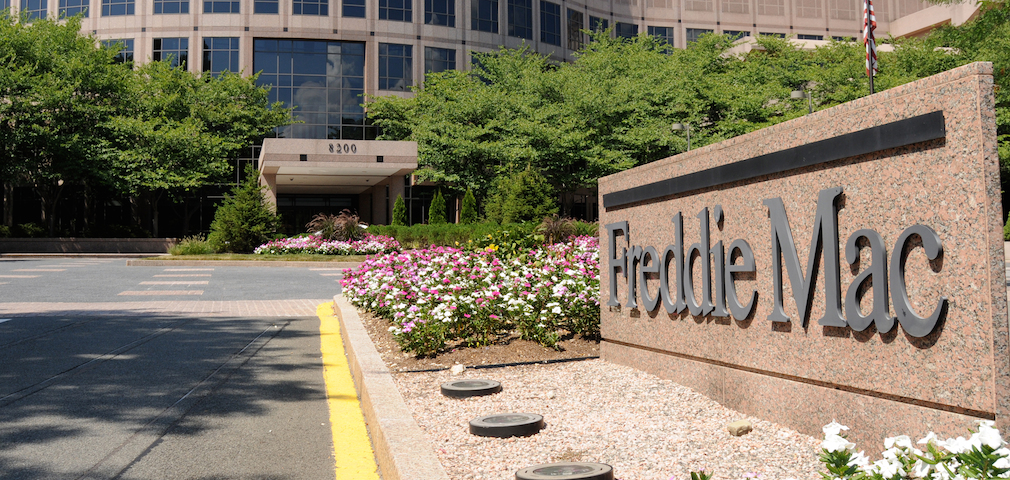Despite a new report from Moody’s Investors Service stating that wholesale reform of the government-sponsored enterprises is years away, some members of Congress are pursuing changes to how Fannie Mae and Freddie Mac operate.
On Thursday, Reps. Ed Royce, R-Calif., and Gwen Moore, D-Wisc., introduced a new bill in the House of Representatives that would require the GSEs to offload more credit risk onto the private sector.
In recent years, Fannie and Freddie began to shift the credit risk that each holds onto the private market through various risk-sharing deals.
According to a recent report from the Federal Housing Finance Agency, the GSEs executed a total of 43 risk-sharing deals in 2015, moving a portion of the risk on $417.1 billion in unpaid principal balance to private investors.
But Royce and Moore want the GSEs to do more, and they feel that increasing credit-risk transfers “lays the foundation” for future GSE reform.
“Growing private sector participation in the secondary housing market reduces taxpayer exposure to future losses,” Royce said.
“Congress should encourage Fannie and Freddie to increase the amount and the types of credit risk transfer transactions to the maximum level that is economically and commercially viable,” Royce continued. “Doing so is not only compatible with housing finance reform, it eases the way for future action.”
The bill, called the Taxpayer Protections and Market Access for Mortgage Finance Act, would require the FHFA to establish guidelines for Fannie Mae and Freddie Mac to engage in “significant and increasing” credit risk transfer transactions.
According to Royce’s office, the bill includes changes to commodities rules, which allow the use of credit-linked notes to transfer risk from the GSEs to the private sector.
The bill would also amend existing securities and tax laws to allow real estate investment trusts to invest in GSE credit risk bonds.
The bill would also create two pilot programs to increase risk-sharing transactions with small lenders and mortgage insurers.
"I think this bipartisan legislation builds on the good work the FHFA has done in housing finance,” Moore said. “Together, I am confident we will collectively pave the way for a stronger, more stable housing market for all Americans.”
The full bill can be read here.







